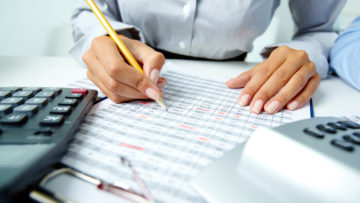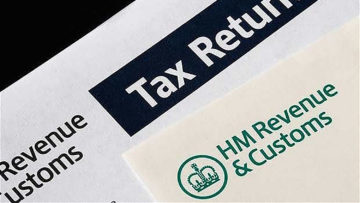Request A Quote
About Us
The services we provide are carefully designed to fit any size of business. It is our belief that no company is too small to benefit from our support. We never forget why your business is important to you and, with this in mind, we are always ready to meet your needs and exceed your expectations, ensuring that all our clients are treated with the respect and professionalism that they deserve.
It is a source of great pride to us that we are able to provide exactly the right kind of personalised and highly professional accountancy advice for all of our clients. That personal touch ensures that every client is treated as an individual, not just another numbered firm on a corporate list. Quite simply, our business exists to service and support your business.
We make sure that our rates are always affordable and always competitive. They are carefully structured so that we can be of service to those small companies who need our help the most.
For a no-obligation consultation please contact us on 0161 434 7979 and we will be delighted to discuss your requirements in full.
FAQ
If you want to start working as self-employed, you must register with HM Revenue & Customs, but first make sure you have a National Insurance Number. After the registration, you will receive your Unique Taxpayer Reference (UTR) and HMRC will set up the right tax and National Insurance contributions records. You should keep your UTR safe because you will need it when completing your Self Assessment tax return.
You may need to register for VAT if you are doing business in the UK as an individual, a partnership, a company, an association, a charity, a local authority or any other organisation or group of people acting together under a specific name. Registration for VAT is compulsory if your annual turnover exceeds £83,000 or you expect the turnover to be higher than that amount in the next 30 days. However, it may happen that your turnover has exceeded the registration threshold temporarily.
If you wish to trade and do not use a limited company you will be personally liable for the debt of your business. If you have assets or savings they are vulnerable to a claim made against you. By trading through a limited company you are literally placing a limit on your liability. That limit is the value of the company, including any money you may have invested in, loaned to or are owing to the company. The company has a separate legal identity from its owners and directors.








